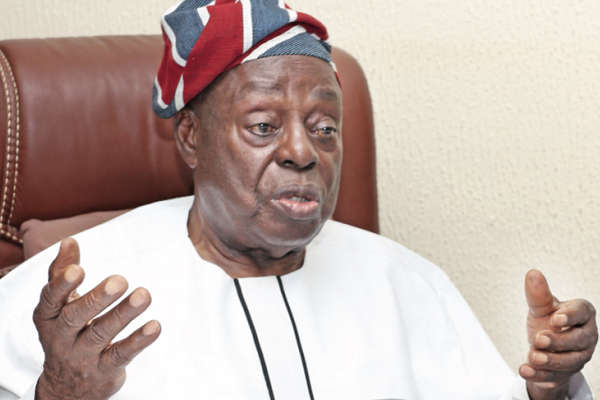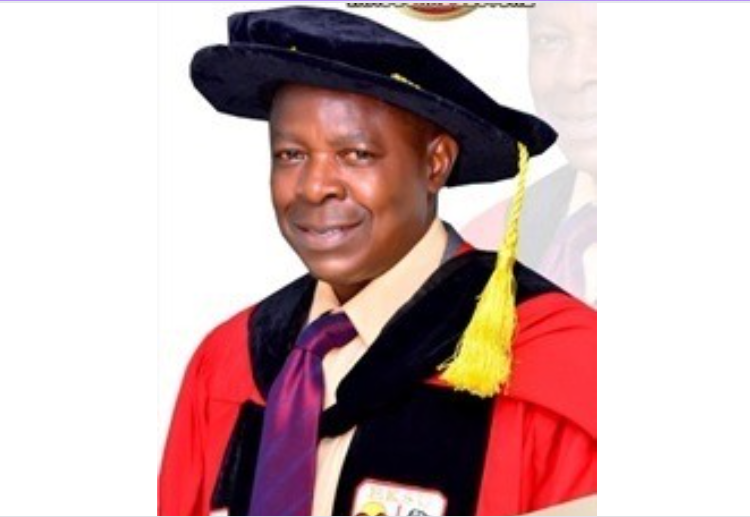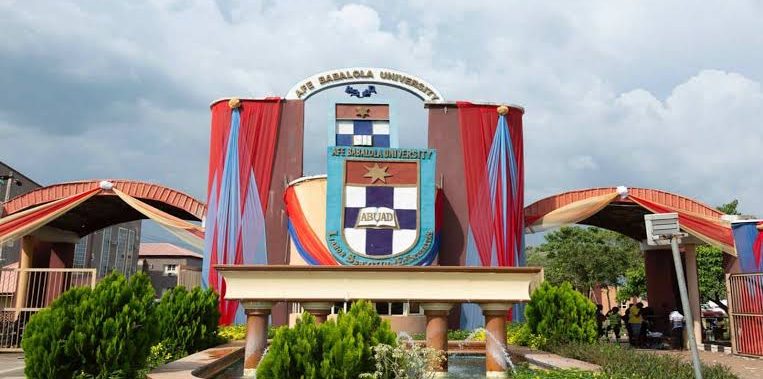Afe Babalola advocates improved education system to curb insecurity


The founder of Afe Babalola University, Ado-Ekiti (ABUAD), Afe Babalola, has pinpointed the deteriorating standards in Nigeria’s education sector as a major contributor to the country’s rising crime levels.
The respected legal figure made this statement over the weekend during a courtesy visit from a delegation representing Ekiti State University (EKSU), led by its Vice-Chancellor, Prof. Joseph Babatola Ayodele.
According to him, “Half education is more dangerous than no education. Many of those engaged in criminal activities today are products of a failing educational system. We must urgently rewrite Nigeria’s educational narrative to foster national development and security.”
Babalola urged policymakers, academic institutions, and key stakeholders to place greater emphasis on research funding, innovation, and academic excellence, describing them as essential drivers of national growth.
In her welcome remarks, ABUAD’s Vice-Chancellor, Prof. Smaranda Olarinde, commended Babalola’s visionary leadership, crediting him for positioning the university as a leader in the fields of agriculture, pharmaceuticals, and quality healthcare education and services.
She highlighted the outstanding and entirely digital ABUAD Multi-System Hospital, which has been praised by leading healthcare professionals as the “most well-equipped hospital in Sub-Saharan Africa”, describing it as Nigeria’s solution to medical tourism.
Noting the limited number of women in the EKSU visiting delegation, the Vice-Chancellor advocated for improved gender representation in leadership positions, pointing to ABUAD as an example, where the Vice Chancellor, Registrar, and Librarian are all women, among several other female leaders within the 15-year-old university.
In response, the visiting Vice-Chancellor described Babalola as “an unrepentant philanthropist and proud alumnus, who constantly adds value to society.”
He expressed admiration for ABUAD’s modern infrastructure and called for increased collaboration between the two universities in areas such as agriculture, research, and student exchange programmes.
“We have much to learn from ABUAD Farm. With 14 hectares of tomato farms at EKSU ready for harvest, we recognise the need to deepen expertise in agriculture, a vital sector for Nigeria’s future,” Ayodele remarked.









